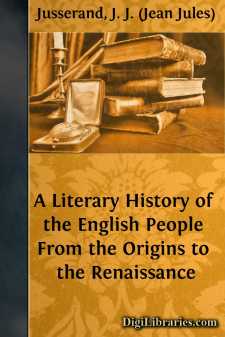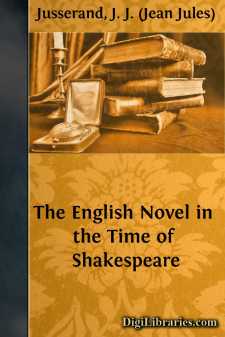Categories
- Antiques & Collectibles 13
- Architecture 36
- Art 48
- Bibles 22
- Biography & Autobiography 815
- Body, Mind & Spirit 144
- Business & Economics 28
- Children's Books 18
- Children's Fiction 14
- Computers 4
- Cooking 94
- Crafts & Hobbies 4
- Drama 346
- Education 58
- Family & Relationships 59
- Fiction 11835
- Games 19
- Gardening 17
- Health & Fitness 34
- History 1378
- House & Home 1
- Humor 147
- Juvenile Fiction 1873
- Juvenile Nonfiction 202
- Language Arts & Disciplines 89
- Law 16
- Literary Collections 686
- Literary Criticism 179
- Mathematics 13
- Medical 41
- Music 40
- Nature 180
- Non-Classifiable 1768
- Performing Arts 7
- Periodicals 1453
- Philosophy 65
- Photography 2
- Poetry 896
- Political Science 203
- Psychology 44
- Reference 154
- Religion 515
- Science 126
- Self-Help 85
- Social Science 83
- Sports & Recreation 34
- Study Aids 3
- Technology & Engineering 59
- Transportation 23
- Travel 463
- True Crime 29
Our website is made possible by displaying online advertisements to our visitors.
Please consider supporting us by disabling your ad blocker.
A Literary History of the English People From the Origins to the Renaissance
Description:
Excerpt
BRITANNIA.
I.
The people that now occupies England was formed, like the French people, by the fusion of several superimposed races. In both countries the same races met and mingled at about the same period, but in different proportions and under dissimilar social conditions. Hence the striking resemblances and sharply defined contrasts that exist in the genius of the two nations. Hence also the contradictory sentiments which mutually animated them from century to century, those combinations and recurrences of esteem that rose to admiration, and jealousy that swelled to hate. Hence, again, the unparalleled degree of interest they offer, one for the other. The two people are so dissimilar that in borrowing from each other they run no risk of losing their national characteristics and becoming another's image; and yet, so much alike are they, it is impossible that what they borrowed should remain barren and unproductive. These loans act like leaven: the products of English thought during the Augustan age of British literature were mixed with French leaven, and the products of French thought during the Victor Hugo period were penetrated with English yeast.
Ancient writers have left us little information concerning the remotest period and the oldest inhabitants of the British archipelago; works which would be invaluable to us exist only in meagre fragments. Important gaps have fortunately been filled, owing to modern Science and to her manifold researches. She has inherited the wand of the departed wizards, and has touched with her talisman the gate of sepulchres; the tombs have opened and the dead have spoken. What countries did thy war-ship visit? she inquired of the Scandinavian viking. And in answer the dead man, asleep for centuries among the rocks of the Isle of Skye, showed golden coins of the caliphs in his skeleton hand. These coins are not a figure of speech; they are real, and may be seen at the Edinburgh Museum. The wand has touched old undeciphered manuscripts, and broken the charm that kept them dumb. From them rose songs, music, love-ditties, and war-cries: phrases so full of life that the living hearts of to-day have been stirred by them; words with so much colour in them that the landscape familiar to the eyes of the Celts and Germans has reappeared before us.
Much remains undiscovered, and the dead hold secrets they may yet reveal. In the unexplored tombs of the Nile valley will be found one day, among the papyri stripped from Ptolemaic mummies, the account of a journey made to the British Isles about 330 b.c., by a Greek of Marseilles named Pytheas, a contemporary of Aristotle and Alexander the Great, of which a few sentences only have been preserved. But even now the darkness which enveloped the origin has been partly cleared away.
To the primitive population, the least known of all, that reared the stones of Carnac in France, and in England the gigantic circles of Stonehenge and Avebury, succeeded in both countries, many centuries before Christ, the Celtic race....



